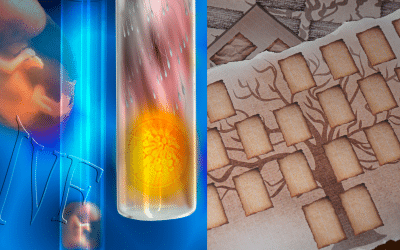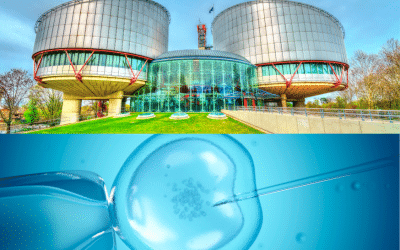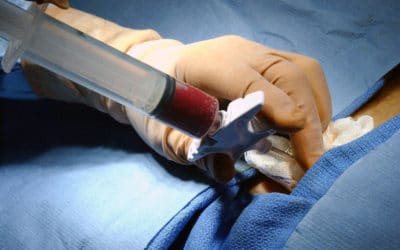On Friday, September 28, the French State Council of State rendered a decision which upheld Toulouse University Hospital’s refusal to provide ART for two women without a male partner. They declared that distinguishing different treatment for them compared to a male-female couple is not contradictory to the principle of equality.
The two women filed an appeal at the Toulouse Administrative Court accusing the city’s University Hospital Center for ART of abusing their authority. The ART center had refused the women’s request for in vitro fertilization with a donor, based on their claim of infertility. On May 22, they filed a priority preliminary ruling on constitutionality, challenging the current bioethics law on the conditions allowing ART. The current law in force only allows ART for infertile couples or in situations risking a disease transfer to the child. The two women criticize the law as not upholding the legal principle of equality.
Indeed, since the constitutional reform on July 23, 2008, it is possible to contest whether a law already in force conforms to the Constitution: “The priority question of constitutionality is the right recognized to any individual, or party in a lawsuit, to contest any legislative provision contrary to the rights and freedoms guaranteed by the Constitution. This verification is pronounced “a posteriori”, since the Constitutional Council examines a law already in force.”
The State Council esteemed that it was unnecessary for this matter to be referred to the Constitutional Council, ruling that the Toulouse University Hospital had not violated the principle of equality, the very one which is “guaranteed by the Articles 1 and 6 of the Declaration of the Rights of Man and of the Citizen “.
In its decision, the State Council writes that: “the principle of equality does not preclude the legislator from regulating different situations in different ways and from derogating from equality for reasons of general interest”. Concerning reproduction, male-female couples have a different situation compared to same-sex couples. It follows in the provisions of Article L. 2141-2 of the Public Health Code that by reserving access to assisted reproductive techniques (ART) for male-female couples, who are alive, of age to reproduce, and/or suffering from a medically diagnosed infertility, the legislator understood that ART was intended to remedy a couple’s pathological infertility, without which they would be unable to have children. The difference in treatment, resulting from the provisions criticized, between male and female couples and same-sex couples is directly related to the purpose of the law establishing it and thus it is not contrary to the principle of equality. Thus, this issue which has previously been raised, is not serious.“
This decision comes at a time when heated debates have been taking place regarding greater access to ART: with a donor, without a male partner, for single women, or female couples. In opinion # 129 on the Bioethics Law revision, the National Consultative Ethics Committee emphasizes that this request is “in a demand for freedom and equality in access to ART to respond to the desire to have a child “. The State Council’s ruling demonstrates that it is futile to employ the principle of equality.
However, on September 25th, when the president of the National Consultative Ethics Committee was interviewed by the parliamentary information mission for revising bioethical law, he stated that the principle of infertility would continue to apply to the male-female couples whereas it would not be required for single women or female couples. If increased access to ART is legalized, this would be discriminatory for male-female couples, in addition to the discriminations against children who would be deliberately deprived of a father by the law.
MAR : Access to Origins, What is the Reality ?
Although the 2nd August 2021 bioethics law partly authorised access to their origins for children born by Medically...



